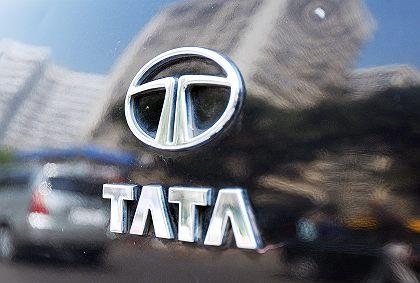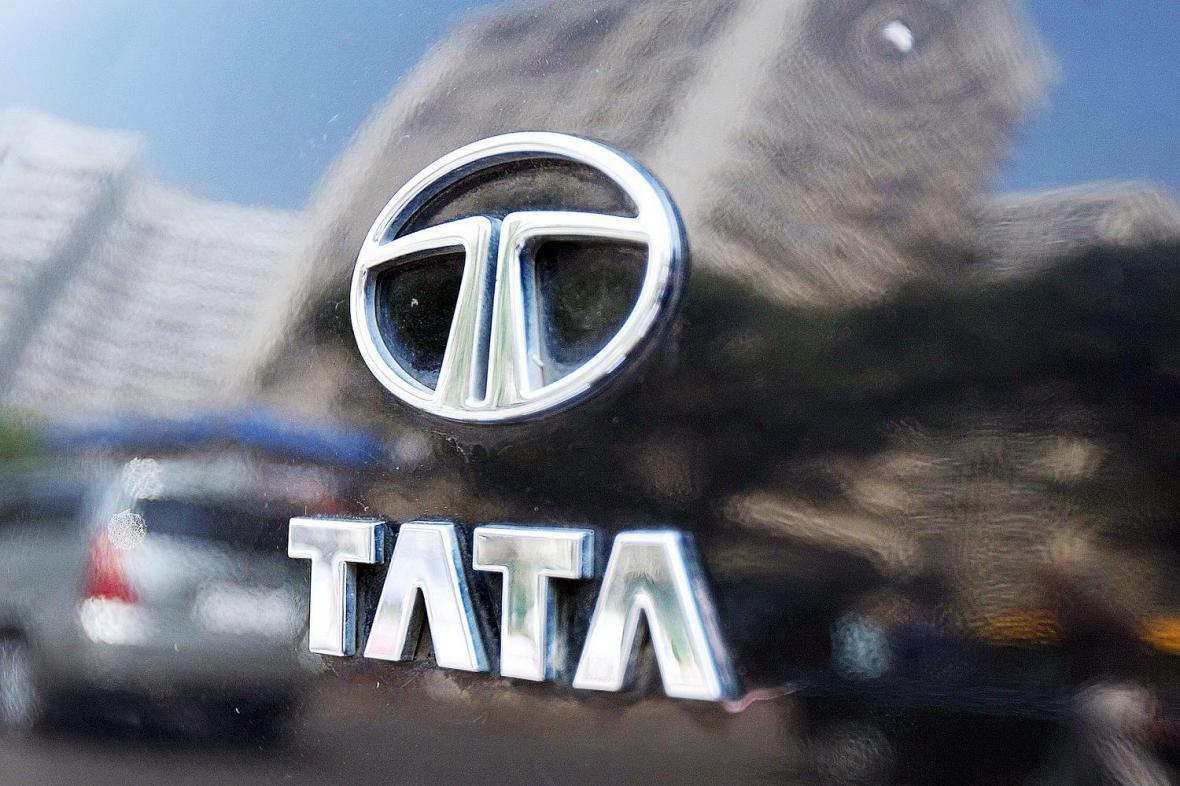

In our latest post, ‘Steal the Brand, Steal the Market,’ we delve into the strategic use of brand names resembling established ones in low-value markets. Explore the findings from ‘The Mystery of Similar Trademarks’ in the Chinese market, where small firms employ this tactic to leverage the reputation of imitated brands, despite lingering legal concerns about copyright infringement.
In exploring effective brand strategy, it’s worth noting that for smaller firms engaged in low-value markets, the tactic of imitating a reputable brand’s name may offer a competitive edge, leveraging the established reputation of the imitated brand. This approach, while successful, raises concerns about potential legal issues related to copyright infringement. As highlighted in the research on “The Mystery of Similar Trademarks” in the Chinese market, numerous smaller companies employ this strategy, navigating the delicate balance between reaping benefits and mitigating legal risks.
However, actual examples prove that decisions and effects of purchasing existing brands are not at all that straightforward. For instance, Ratan Tata, the chairman of Tata Group, recently referred to the deep financial troubles of India’s largest conglomerate in a public address to the employees. Much of the troubles are blamed on the large debt Tata accumulated by borrowing nearly $18 billion to purchase a series of foreign brands with an intention to strengthen the asset portfolio of the company.

On the surface, the new purchases seem quite consistent with Tata Group’s global ambitions. Car brands Land Rover, Jaguar, and Daewoo as well as tea brand Tetley all have strong presence and consumer loyalty in large parts of America, Europe, and Asia. Yet, their operations under Tata management have not translated into enough revenues to help pay off the loans for their initial purchases.
In recognizing the challenge of building truly valuable and profitable brands, it becomes evident that brand value is an outcome of sustained, long-term efforts. Companies must make significant investments in branding to elevate a brand’s position in the competitive landscape. In the context of Ratan Tata’s strategic considerations, prioritizing the enhancement and global transformation of the “Tata” brand could prove more prudent in the long run. This entails evaluating the financial commitments needed for revitalizing and effectively managing existing, albeit struggling, foreign brand names before committing substantial borrowed funds to their acquisition.
Source: atimes.com
A Labbrand Group Company © 2005-2024 Labbrand All rights reserved
沪ICP备17001253号-3* Will be used in accordance with our Privacy Policy
To improve your experience, we use cookies to provide social media features, offer you content that targets your particular interests, and analyse the performance of our advertising campaigns. By clicking on “Accept” you consent to all cookies. You also have the option to click “Reject” to limit the use of certain types of cookies. Please be aware that rejecting cookies may affect your website browsing experience and limit the use of some personalised features.